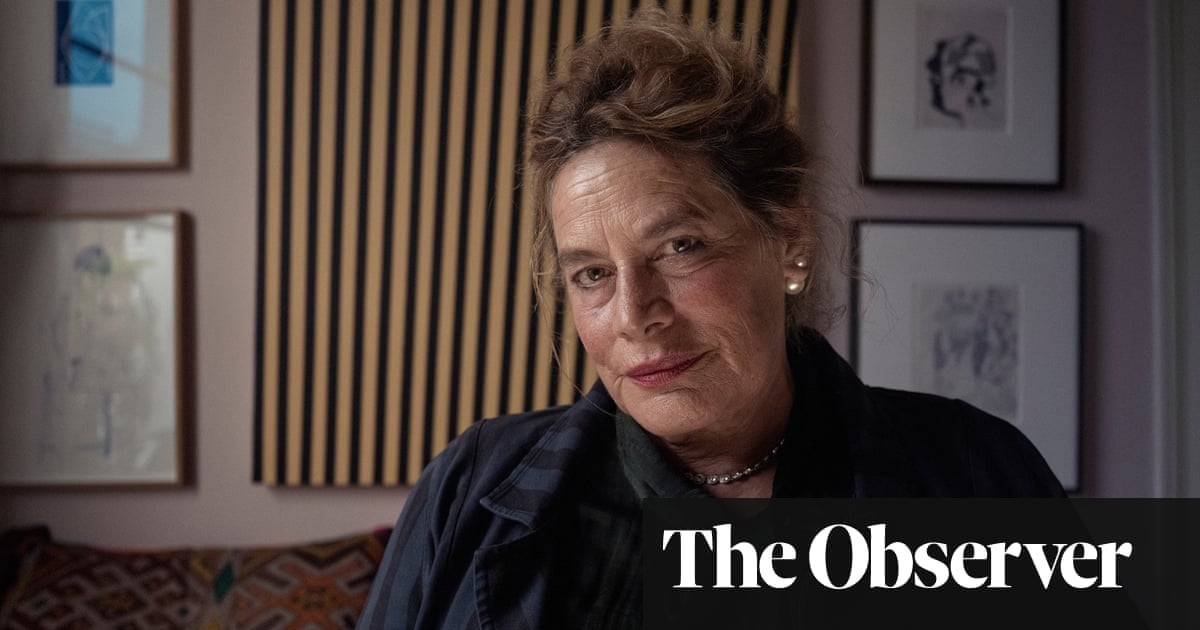A doppelganger leads the way to suppressed secrets in the author’s wistful, fabular new novel
A young woman in an Athens flea market sees a stranger buy two mechanical horses, which dance when their tails are pulled up. Both women are wearing the same coat, a green trench, tightly belted. The watcher, too, covets the horses. As she greedily observes the transaction, she is compelled by the sense that she is looking at herself, “that she and I were the same person. She was me and I was her.”
From Dostoevsky to Hitchcock’s Vertigo, the doppelganger is among the delights of literature and film alike. In The Jolly Corner by Henry James, a man nightly stalks an empty house, certain it is inhabited by a ghastly version of himself, the person he would have become if he hadn’t escaped New York. Long before Freud began talking about repressed memories and unacknowledged impulses, the doppelganger was a way of understanding a divided self, in which certain vital parts have been disallowed or smothered at birth. It can represent evil impulses or unwanted memories, long buried and rapping for attention. Continue reading...
http://dlvr.it/Smz2ff
http://dlvr.it/Smz2ff


إرسال تعليق